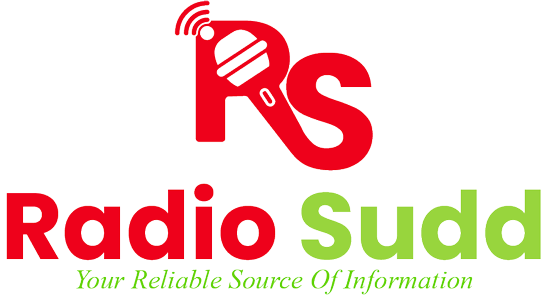By Peter Kuol Kuch
Bor, South Sudan — Nineteen years after gaining independence, South Sudan continues to face profound development challenges. Despite its rich natural resources—including oil and gold—the country remains heavily dependent on foreign aid to sustain critical services, especially in healthcare. Now, recent cuts to U.S. foreign aid have sparked widespread concern, particularly among people living with HIV.
In January 2025, following his return to office, President Donald Trump reinstated sweeping reductions in U.S. foreign assistance. The move has hit hard across Africa, with South Sudan among the most affected. USAID-funded HIV programs—which provide life-saving care to tens of thousands—are now at risk.
The South Sudanese Ministry of Health has confirmed that early in 2025, several clinics and health facilities supported by USAID were forced to scale down or shut completely. Stocks of antiretroviral drugs quickly depleted. For the estimated 140,000 people living with HIV in South Sudan, it was a devastating blow.
“Like now, we feared. Everything was off. We feared that everyone may become sick and die,” said Jackline, a woman living with HIV in Jonglei State.
“Some clients stayed home—they stopped coming because they heard there were no drugs.”
Jackline says the disruptions threatened more than just health. Without treatment, people living with HIV risk losing their jobs, homes, and hope.
“Life is going to be hard for people living with HIV. No drugs, no more support from the US. Now it’s a bit better with drugs available. But we ask the US and our government to continue supporting this program,” she added.
Simon Chol, Chairperson of the Association for People Living with HIV in Jonglei State, echoed the fears of many in the community.
“People have learned to live positively. Mothers on treatment are giving birth to HIV-free children. Deaths have reduced. But when US support was suspended, it interrupted treatment—we call it IIT: Interrupted Treatment.”
He noted that some clients stopped showing up altogether, even when limited medicine was still available.
“The fear and confusion were real,” Simon said.
Testing and outreach services have also taken a hit. Abraham Malual, a counselor at the Bor Voluntary Testing Centre, says their ability to conduct awareness campaigns has been crippled by the funding shortfall.
“There is willingness, but lack of awareness. Only those who know the risks come to test. Without funding, we can’t reach remote areas with information,” Malual explained.
In a brief reprieve, USAID approved a temporary three-month funding extension for HIV services, set to expire in June 2025. But community health workers fear it’s just a bandage over a deep wound.
Ajak Mach, HIV and TB Coordinator for Jonglei State, described the consequences of the earlier suspension.
“When Trump’s order came out, our centre here was shut down. Volunteers working with IntraHealth couldn’t continue. The impact on the community was huge.”
Ajak called on South Sudan’s government to take a more active role in funding HIV and TB programs.
“They say it’s up to June. But what after that? We can’t rely only on partners. The government must step in. If not, HIV will finish us in South Sudan.”
Since 2006, IntraHealth International has worked alongside South Sudan’s government under USAID’s Advancing HIV & AIDS Epidemic Control initiative. The program has supported thousands with comprehensive HIV services. As of June 2024, IntraHealth reported over 14,800 people on antiretroviral therapy—including more than 4,000 female sex workers.
But with U.S. funding uncertain and June drawing near, the future of HIV/AIDS care in South Sudan hangs in the balance.
Editor’s Note:
This story was reported with support from Journalists for Human Rights, under the Tackling Mis/Disinformation Project, funded by the Government of Canada’s Peace and Stabilization Operations Program.

https://shorturl.fm/oYjg5
https://shorturl.fm/N6nl1